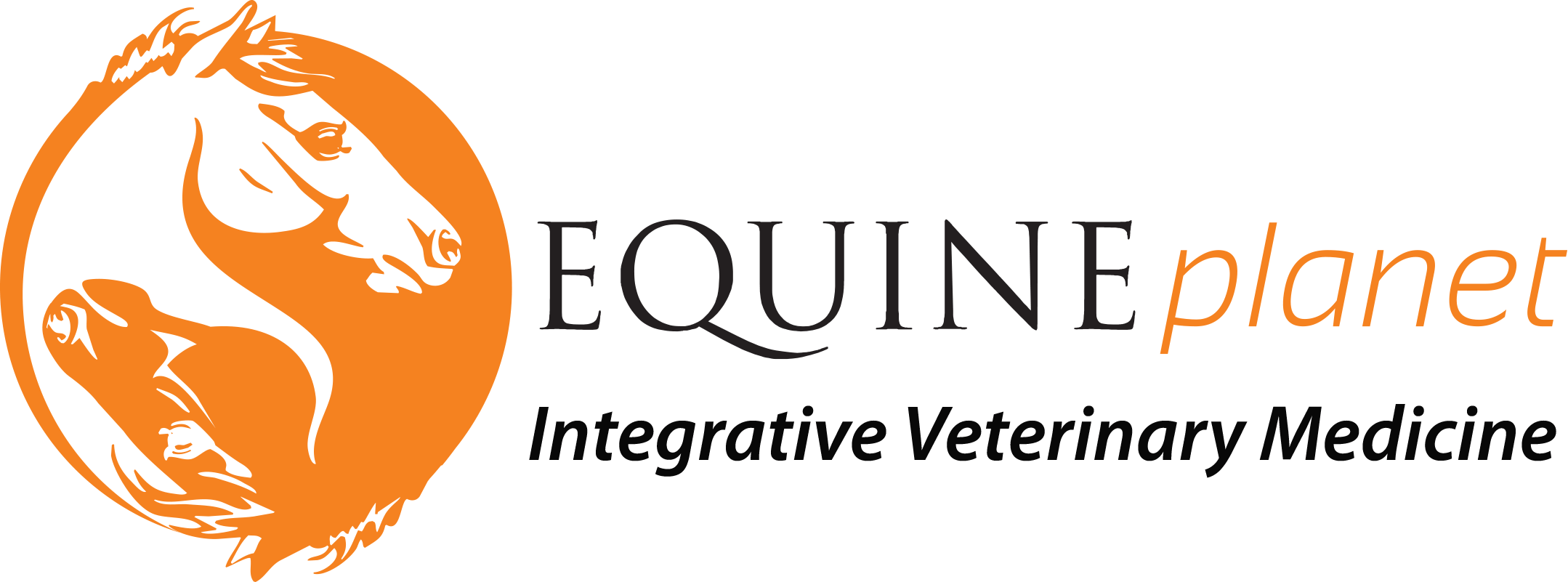Deworming

Internal parasites can cause many problems in horses, such as anemia, colic, diarrhea and ill-thrift.
The majority of horse owners, however, are using outdated deworming protocols that were largely based on knowledge and concepts from over 40 years ago, when strongylus vulgaris was the most important parasite.
At Equine Planet we strongly recommend the use of a targeted and individually tailored deworming program that is designed to identify those horses, ponies or donkeys that suffer from a particularly high parasite burden.
Depending on the outcome of our initial fecal egg counts (FEC) test we will establish a program that will most effectively remove the parasites from the animal and will help reduce the transmission of eggs back into the environment.
In our experience more than half of the adult horse population have an innate immunity to gastrointestinal parasites and do not need too many dewormings throughout the year. Furthermore, if dewormers are used too frequently, this may ultimately result in drug resistance in the worm population.
For approximately 60-80% of adult horses with low egg counts (200 eggs per gram or less), one late year deworming is sufficient. The main reason we recommend treating these horses is that certain parasites will not show up in the fecal egg count test.
For the 20% of horses that shed a moderate amount of eggs, 2-3 treatments per year are recommended.
The remaining 20% of horses that are high egg shedders are most likely responsible for about 80% of the total egg contamination on a farm and may need to be treated 4-5 times per year.
Please note that each farm, stud or house should develop its own programme (with our guidance). It should be tailored to the specific location and needs of each animal. There is no such thing as a “one fits all” programme!
By applying proper environmental hygiene management practices you can help reduce the occurrence of parasites substantially:
- Stables and small paddocks should be cleared from manure daily.
- Paddocks with natural surfaces should be rotated, so that the eggs / larvae die off without finding a host.
- Manure should be composted before it’s spread onto the field (the heat will kill the eggs / larvae).
- Only use buckets / wheelbarrows that are designated for carrying hay and grains.
- Perform FECs on new horses and deworm appropriately before turnout, especially if they are young or have an unknown deworming history.
Example of a Deworming Calender for Southern Portugal
| Month | Deworming Program |
| January | Fecal Egg Count (FEC) Test
Determine the need for a deworming in February. Determine the Egg Reappearance Period (ERP) from November’s deworming. |
| February | Deworm before turning out on pasture
Treat for Encysted Redworm (Cyathostomin spp) using Fenbendazole. |
| March | – |
| April | – |
| May | FEC Test
Determine the ERP from February’s deworming. Identify the 20% egg shedders (due to increased egg shedding in spring time). |
| June | – |
| July | – |
| August | Studies have illustrated that parasites reduce their egg shedding outside the grazing season, where conditions are less favorable for parasite transmission.
This indicates that FECs may be less reliable in cold winter months (northern climates) and during hot, dry summers (southern climates). |
| September | – |
| October | – |
| November | Deworm
Treat for Encysted Redworm (Cyathostomin spp) Treat for Bots using Ivermectin/Moxidectin. Treat for Tapeworm using a double dose of Pyrantel or a single dose of Praziquantel. |
| December | – |
© 2024 Equine Planet France
Website by NK
